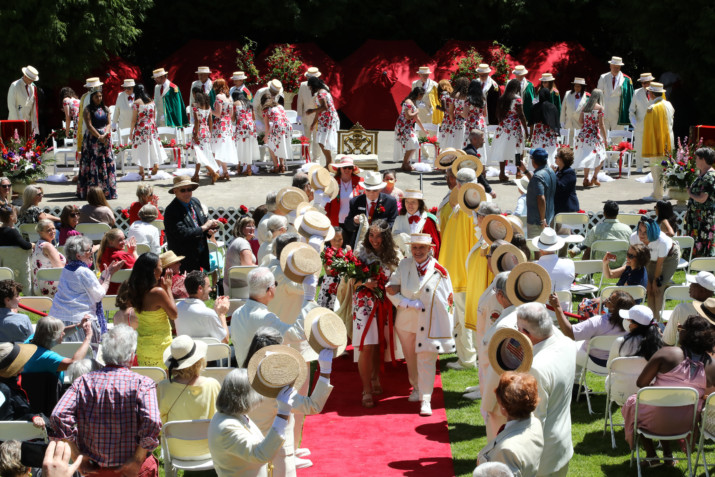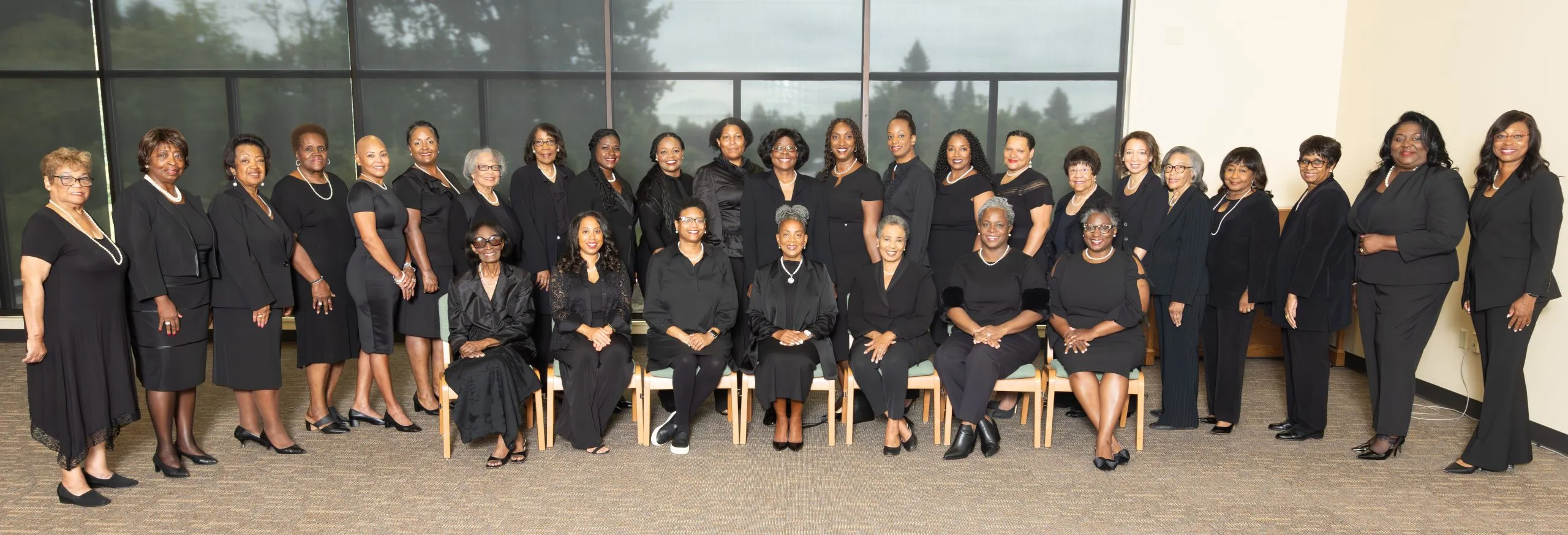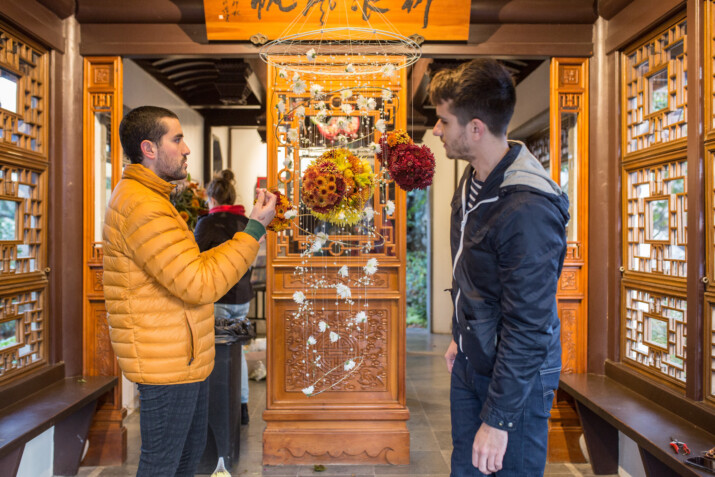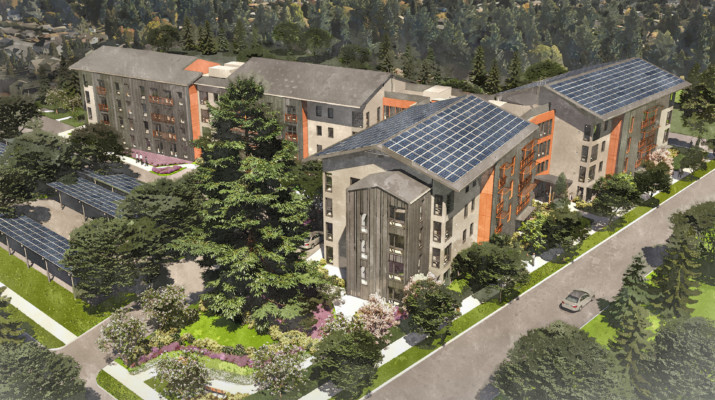
Albertina Kerr Unveils Inclusive Housing Project during Virtual Groundbreaking
Portland, OR. After four years of planning, Albertina Kerr is beginning construction on 150 low-cost housing units on the Gresham campus for Kerr caregivers and improved client care. (Above is an architectural drawings.) On February 17th, the organization had a virtual groundbreaking.
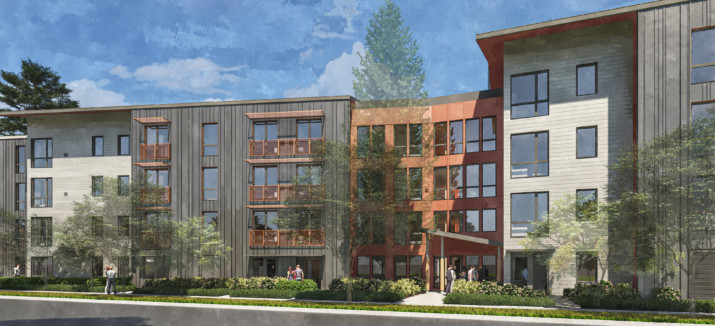
Once completed, this project will be one of the first and largest net-zero affordable housing projects in the Pacific Northwest producing enough energy to operate the entire building fully.
Albertina Kerr has been caring for Oregon’s vulnerable citizens since 1907, with services that have evolved over the years to meet community needs. Kerr offers short-term psychiatric care and community-based outpatient mental health services for children and teens. This also includes 24-hour residential group homes for children and adults experiencing an intellectual and/or developmental disability (I/DD).
In the virtual groundbreaking, guests were introduced to several community leaders who have been a part of getting the project off the ground. Joining the live stream to discuss the project were:
- Travis Stovall (Gresham Mayor)
- Shirley Craddick (Metro Councilor)
- Rob Nosse (Oregon State Representative)
- Deborah Kafoury (Multnomah County Chair)
Ken Thraser, Albertina Kerr Emeritus Board Member, also spoke in the live stream about what this project could look like for other organizations as well, “This is kind of going to have a ripple effect. Not just for Kerr, but for the community, for other non-profits, for other organizations that will look at workforce housing as a strategy that they too could do.”
Albertina Kerr unveiled its Workforce & Inclusive Housing Project during a virtual groundbreaking, which can be viewed in the live steam video below.
During the live stream event, Albertina Kerr’s CEO, Jeff Carr, shared stories about the affordable housing project targeting low-wage human services workers and adults experiencing I/DD.
As Carr shared in the live stream, the idea for the Workforce & Inclusive Housing Project came to him after speaking with one of his managers in 2016. Carr learned that one of the direct care employees lived in a tent with her five children in Washington County. He also learned that some other employees were sleeping in their cars or couch surfing.
He immediately relocated the direct care employee and her five children to a hotel as he took time to think about this issue. After 48 hours, the idea came to him during an early morning run where later that day, he told his assistant that they were going to build housing for workers.
“Those who care for the most vulnerable in our community are the backbone of our social safety net. If they become as vulnerable as the people, they care for due to housing instability, our entire community is at risk,” said Carr.
Chief Program Officer, Derrick Perry, also spoke in the live stream about the project, “I’m just really happy to be aligned with an organization that cares so much about the people we support and our workforce, to where we’re launching this huge project.”
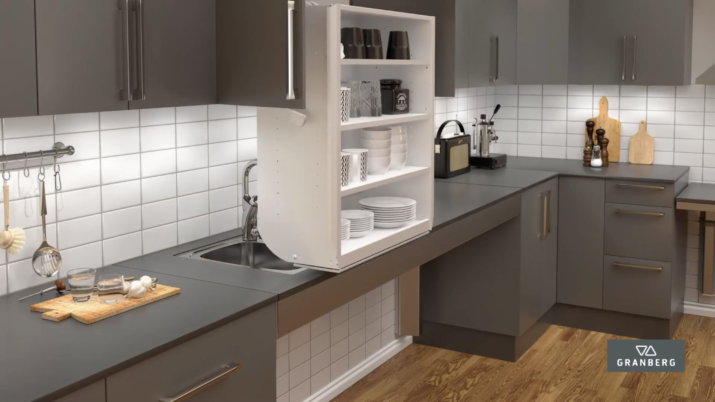
One aspect of the universally accessible units will be hydraulic upper cabinets as well as pull-out cooktops.
When completed in the spring of 2022, one hundred and twenty units of studio, 1, 2, and 3-bedroom apartments will promote greater workforce stability for low-wage caregivers (Kerr employees and others).
Throughout the complex will be an additional 30 universally accessible units for adults experiencing I/DD. These individuals face a shortage of quality, affordable, accessible housing and often earn 30% or less than the average median income.
Solar panels will be placed on the apartment complexes to produce renewable energy, adding another layer of affordability where residents won’t pay for utilities, including high-speed internet access. Once built and occupied, one full year of collecting energy usage data will be completed and certified.
From Albertina Kerr’s website: MISSION: Kerr empowers people with intellectual and developmental disabilities, mental health challenges, and other social barriers to lead self-determined lives and reach their full potential. VISION: All people thrive in nurturing and inclusive communities. VALUES: The values of our expert caregivers remain constant: compassion, commitment, collaboration, and advocacy.










